Joseph Geha - Kitchen Arabic: How My Family Came to America and the Recipes We Brought with Us
Here you can read online Joseph Geha - Kitchen Arabic: How My Family Came to America and the Recipes We Brought with Us full text of the book (entire story) in english for free. Download pdf and epub, get meaning, cover and reviews about this ebook. year: 2023, publisher: University of Georgia Press, genre: Home and family. Description of the work, (preface) as well as reviews are available. Best literature library LitArk.com created for fans of good reading and offers a wide selection of genres:
Romance novel
Science fiction
Adventure
Detective
Science
History
Home and family
Prose
Art
Politics
Computer
Non-fiction
Religion
Business
Children
Humor
Choose a favorite category and find really read worthwhile books. Enjoy immersion in the world of imagination, feel the emotions of the characters or learn something new for yourself, make an fascinating discovery.

- Book:Kitchen Arabic: How My Family Came to America and the Recipes We Brought with Us
- Author:
- Publisher:University of Georgia Press
- Genre:
- Year:2023
- Rating:4 / 5
- Favourites:Add to favourites
- Your mark:
Kitchen Arabic: How My Family Came to America and the Recipes We Brought with Us: summary, description and annotation
We offer to read an annotation, description, summary or preface (depends on what the author of the book "Kitchen Arabic: How My Family Came to America and the Recipes We Brought with Us" wrote himself). If you haven't found the necessary information about the book — write in the comments, we will try to find it.
Immigrant children first speak the language of their mothers, and in Toledo, Ohios Little Syria neighborhood where Joseph Geha grew up, the first place he would go to find his mother would be the kitchen. Many of todays immigrants use Skype to keep in touch with folks back in the old country but in those radio days of old before the luxuries of hot running water or freezers, much less refrigeration, blenders, or microwaves, the kitchen was where an immigrant mother usually had to be, snapping peas or rolling grape leaves while she waited for the dough to rise. There, Gehas mother took special pride in the traditional Syro-Lebanese food she cooked, such as stuffed eggplant, lentil soup, kibbeh with tahini sauce, shish barak, and fragrant sesame cookies.
As much a memoir as a cookbook, Kitchen Arabic illustrates the journey of Gehas early years in America and his familys struggle to learn the language and ways of a new world. A compilation of family recipes and of the stories that came with them, it deftly blends culture with cuisine. In her kitchen, Gehas mother took special pride in the Arabic dishes she cooked, cherishing that aspect of her heritage that, unlike language, has changed very little over time and distance. With this book, Geha shares how the food of his heritage sustained his family throughout that cultural journey, speaking to themin a language that needs no translationof joy and comfort and love.
Joseph Geha: author's other books
Who wrote Kitchen Arabic: How My Family Came to America and the Recipes We Brought with Us? Find out the surname, the name of the author of the book and a list of all author's works by series.

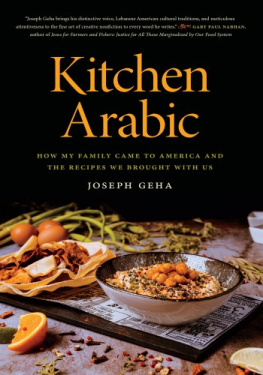
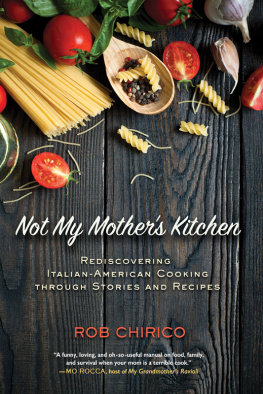
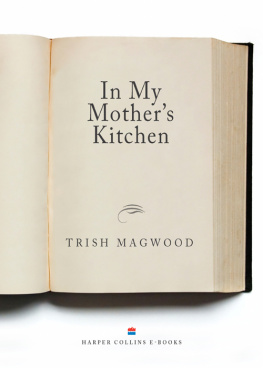
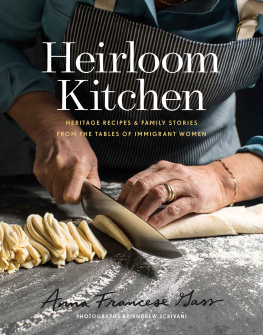

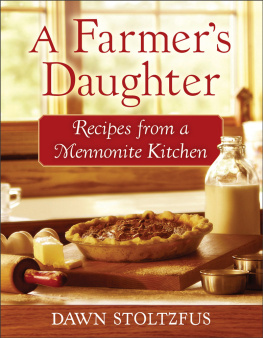
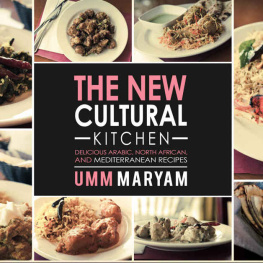
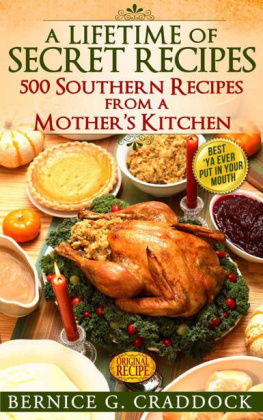
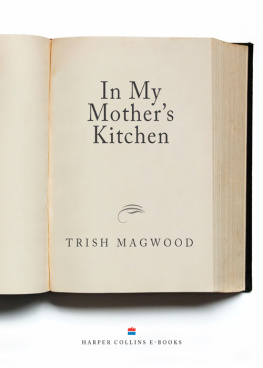
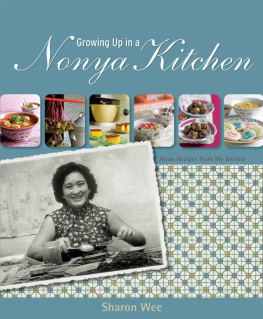


 Athens
Athens